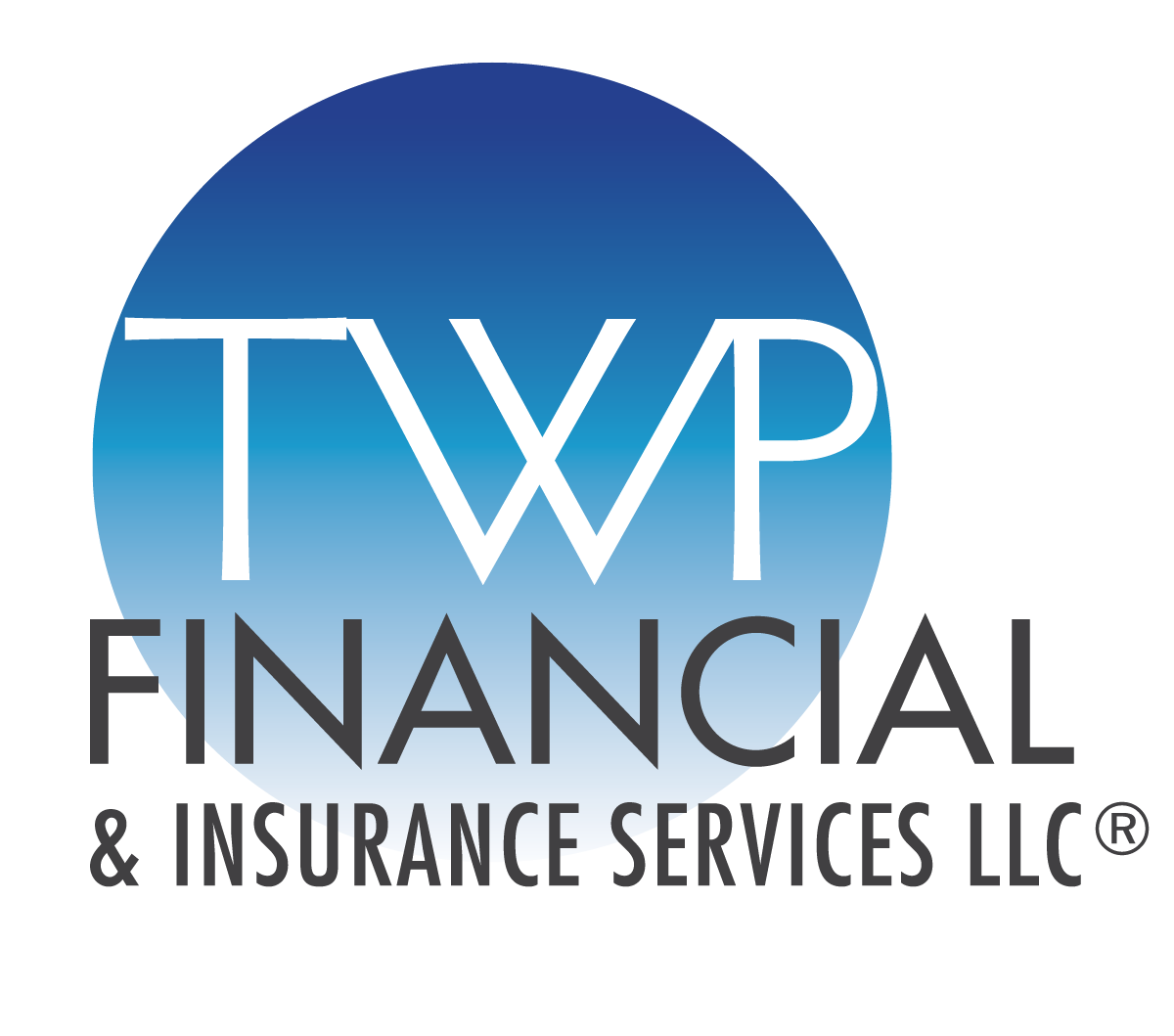Navigating Medicare Reimbursement: A Helpful Guide
Many find the Medicare reimbursement process confusing, often overwhelmed by the paperwork and procedures required to reclaim money spent on eligible medical expenses. However, understanding this process is crucial for Medicare beneficiaries seeking to recoup costs for healthcare services and medications. This guide aims to provide clear, reassuring guidance through the Medicare reimbursement process.
What is Medicare Reimbursement?
Medicare reimbursement is a system that allows beneficiaries to reclaim some of the costs they have paid upfront for approved healthcare services and medications. This is particularly relevant for those who have been required to pay the full amount for services, rather than their specified share. Understanding how to access these funds is important to alleviate the financial burden on beneficiaries.
Medicare Part D (Prescription Drug Plan)
Claiming reimbursement for prescription drugs involves navigating specific procedures, especially when using out-of-network pharmacies or encountering incorrect billing. Beneficiaries can submit a coverage determination request to their Part D sponsor to initiate the reimbursement process. Gathering all prescriptions and records is essential to ensure a smooth process.
Claiming Your Medicare Reimbursement
Medicare Advantage (Part C)
Reimbursement through Medicare Advantage plans may be necessary for expenses incurred outside the provider’s network. Beneficiaries should contact their insurance provider directly to obtain the appropriate forms and follow the specific procedures outlined by their plan.
Original Medicare (Part A & Part B)
To submit a reimbursement claim under Original Medicare, you will need to provide Form CMS-1490S, an itemized bill from your provider, and a letter explaining the reason for the claim, such as when a provider does not bill Medicare directly. It is important to have all documents organized beforehand to avoid unnecessary delays.
While Medicare reimbursement can seem daunting, it's manageable with the right information and preparation. By reclaiming eligible healthcare expenses, beneficiaries can significantly relieve financial stress. Don't overlook potential reimbursements; act proactively by gathering necessary paperwork and reaching out for assistance when needed. Consulting with a Medicare plan administrator or healthcare advisor can provide additional clarity on individual circumstances.














